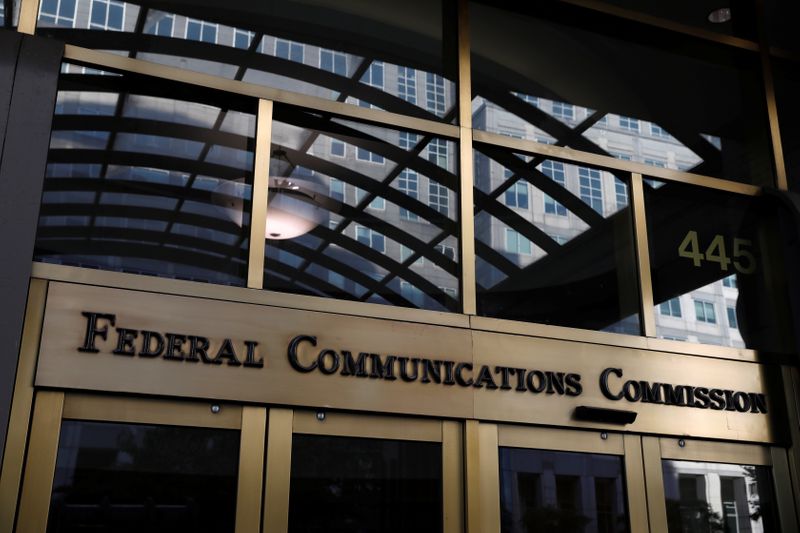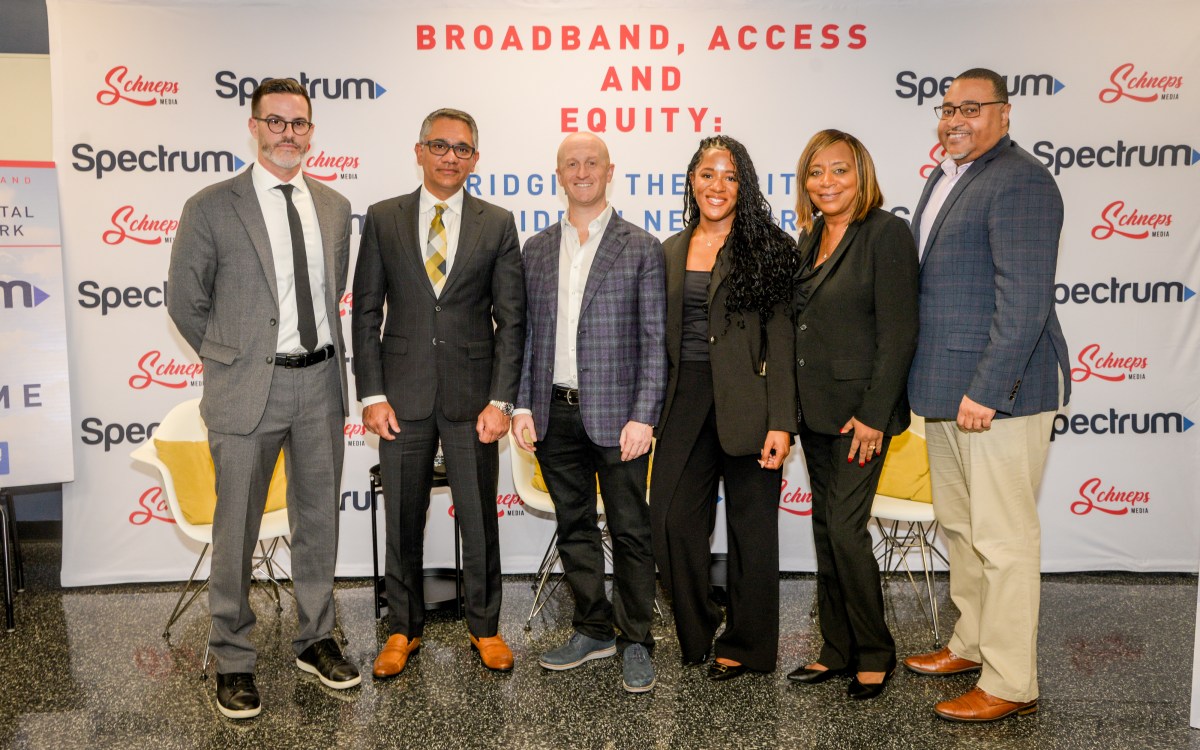WASHINGTON (Reuters) – The top lawyer at the U.S. Federal Communications Commission (FCC) said Wednesday the telecommunications regulator has legal authority to redefine the immunity shield protecting social media companies that could make it easier for users to file lawsuits challenging content removal decisions.
In July, President Donald Trump’s administration asked the agency to limit protections for social media companies under Section 230, a provision of the 1996 Communications Decency Act that shields them from liability for user-generated content and allows them to remove lawful but objectionable posts.
FCC General Counsel Tom Johnson said in a blog post Wednesday “the scope of the Section 230 immunity shield must be interpreted by someone… the only question is whether the FCC or a federal court will do the interpreting.”
Johnson added that if the FCC narrows social media companies’ liability shield it “would simply allow private parties to bring lawsuits, as appropriate, under other sources of federal and state law.”
FCC chairman Ajit Pai said last week that the agency will move forward to set new rules after pressure from Republicans in Congress seeking quick action to limit legal protections for social media after Twitter blocked some links to an unsubstantiated New York Post article critical of Democratic presidential candidate Joe Biden.
Johnson noted the ultimate decision “whether this legal framework should be adopted” is up to the five commissioners.
Many legal experts and internet companies say the FCC has no authority to issue regulations under Section 230.
FCC Commissioner Jessica Rosenworcel said Wednesday “the FCC has no business being the President’s speech police.”
Trump in May directed the National Telecommunications and Information Administration (NTIA) to petition the FCC for changes after Twitter <TWTR.N> warned readers to fact-check his posts about unsubstantiated claims of fraud in mail-in voting.
The Internet Association, a group representing major internet companies, including Facebook Inc <FB.O>, Amazon.com Inc, <AMZN.O> Twitter and Alphabet Inc’s Google <GOOGL.O> said the FCC “lacks the authority to make the changes proposed in the NTIA’s petition because they conflict with the plain language of Section 230.”
Pai for months refused to offer comment on the petition. Still any final regulation could take at least another year.
(Reporting by David Shepardson; Editing by David Gregorio)























